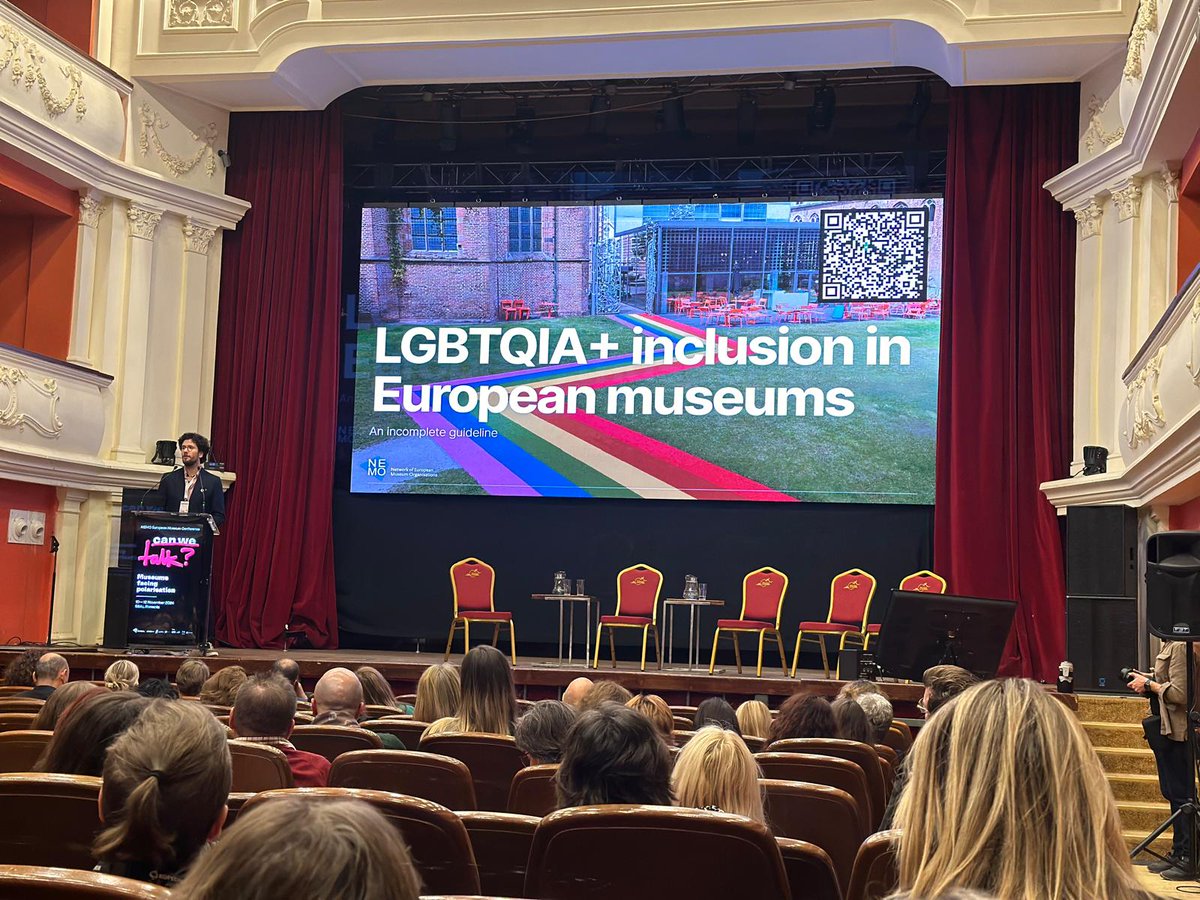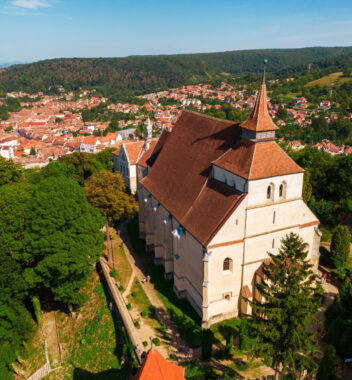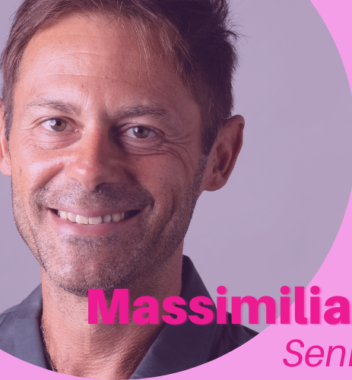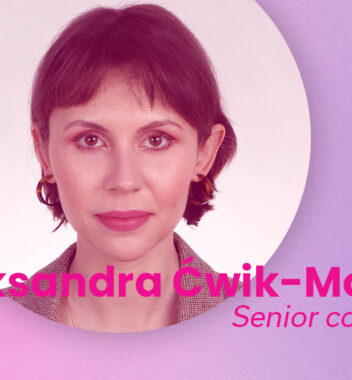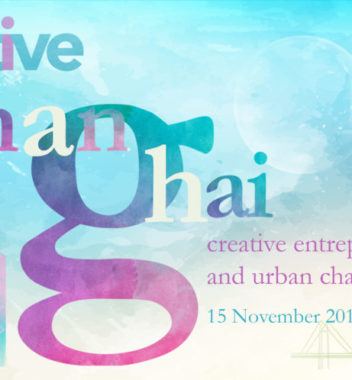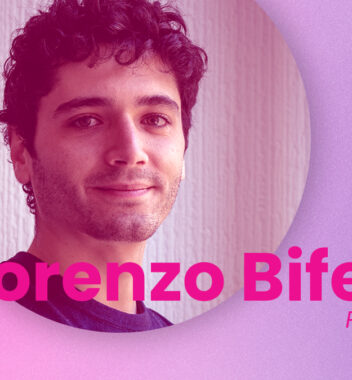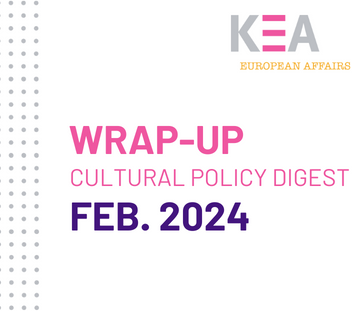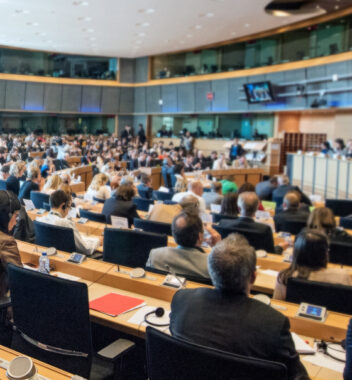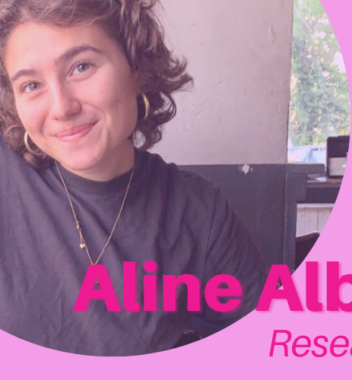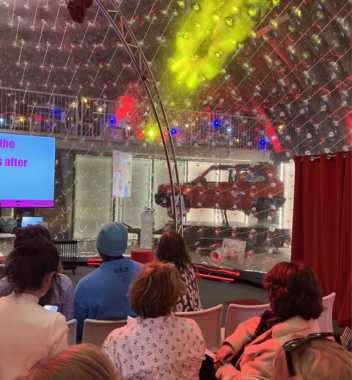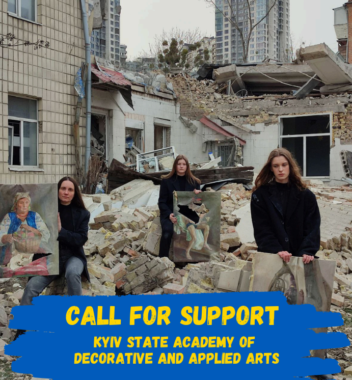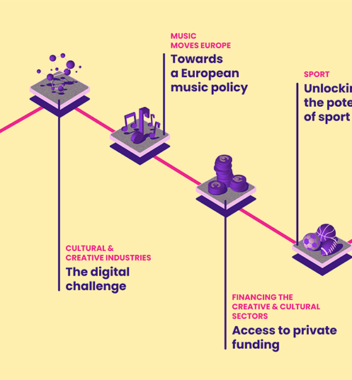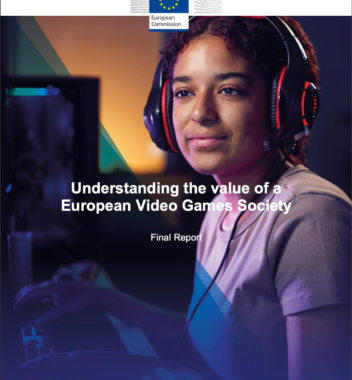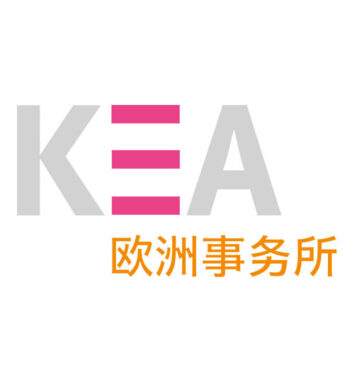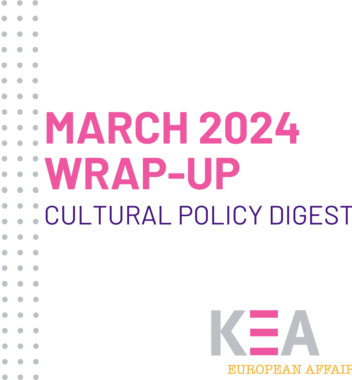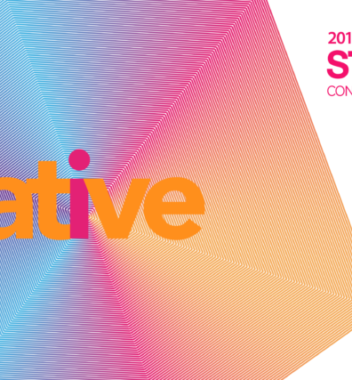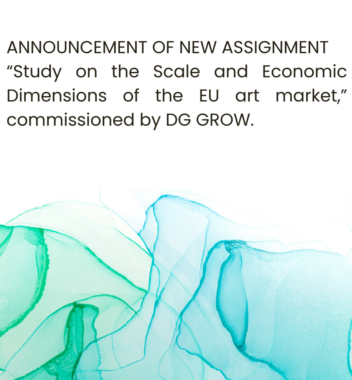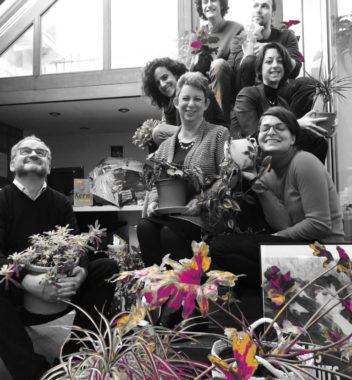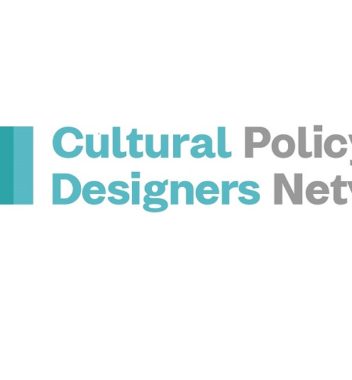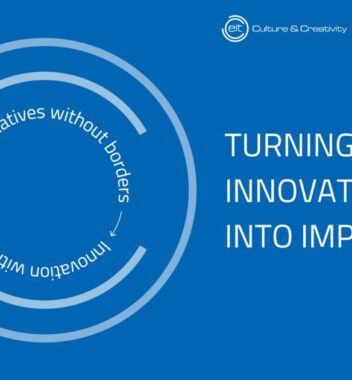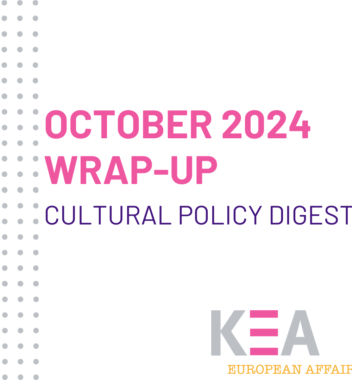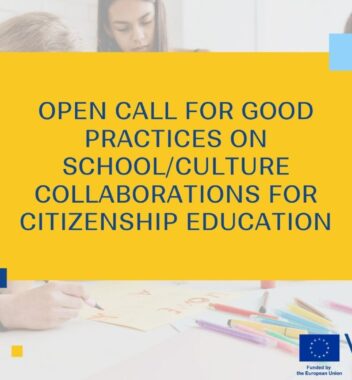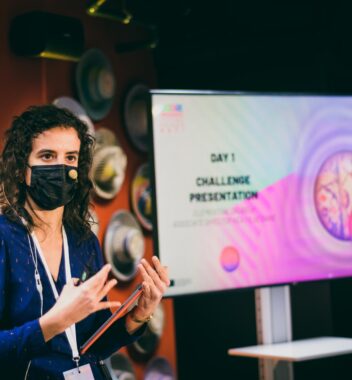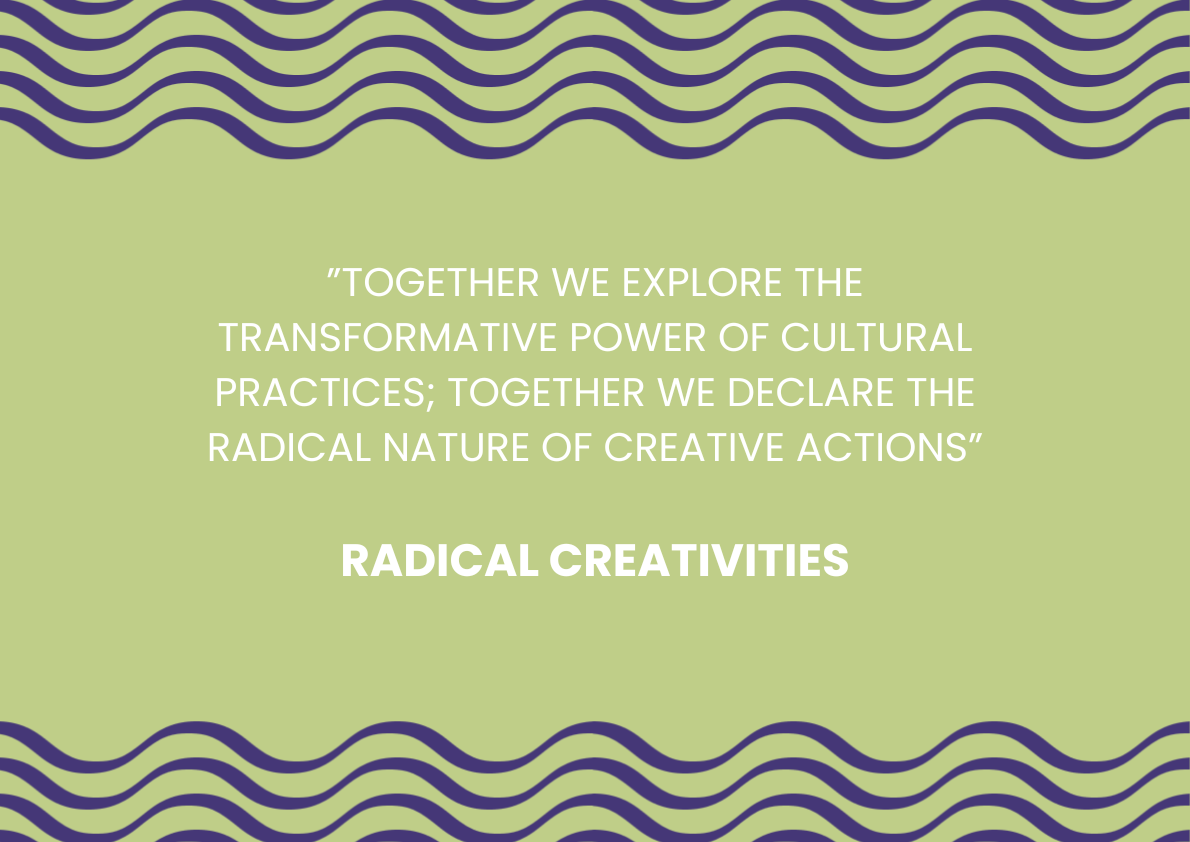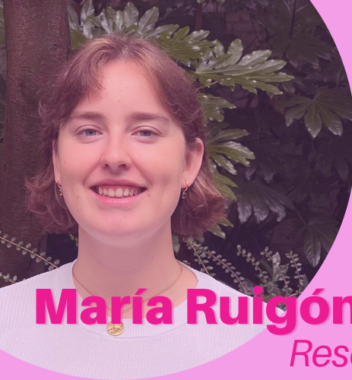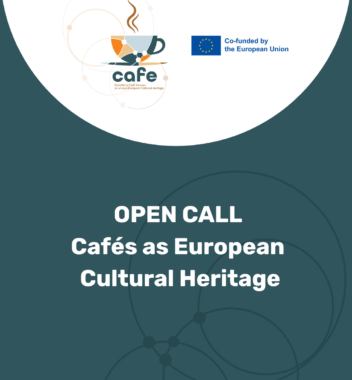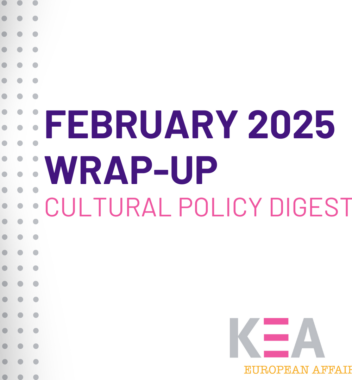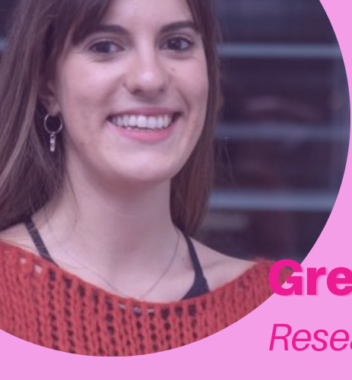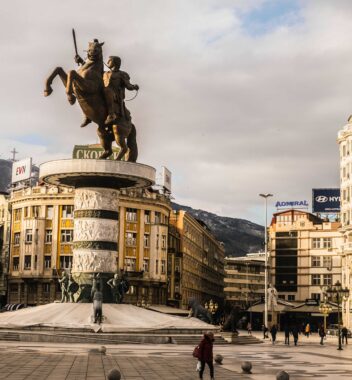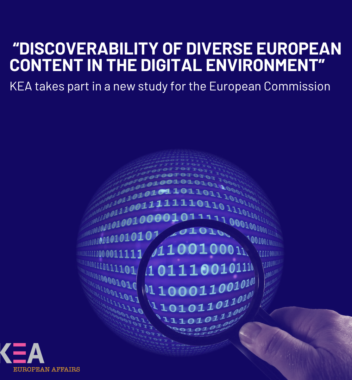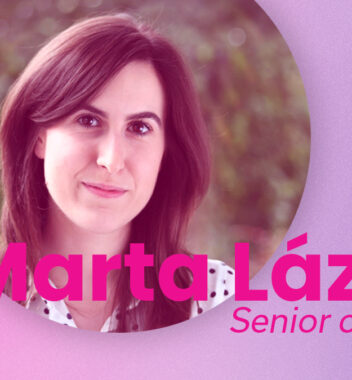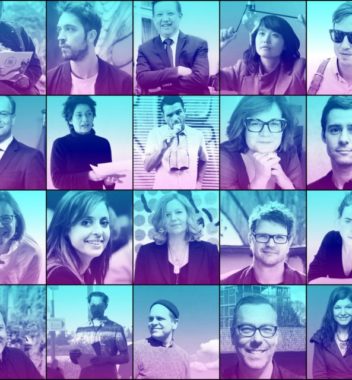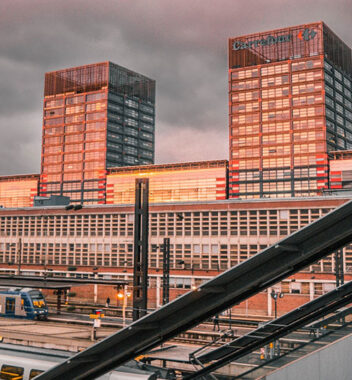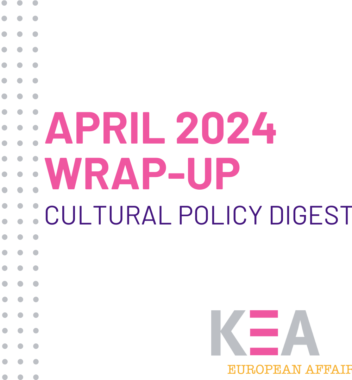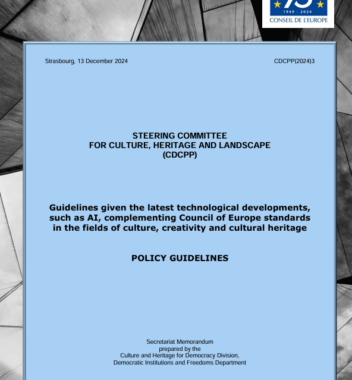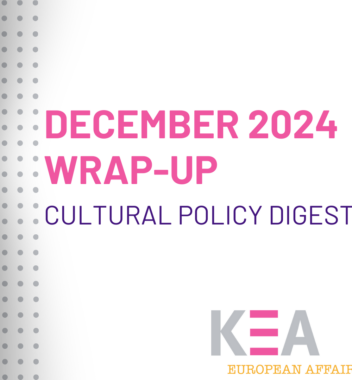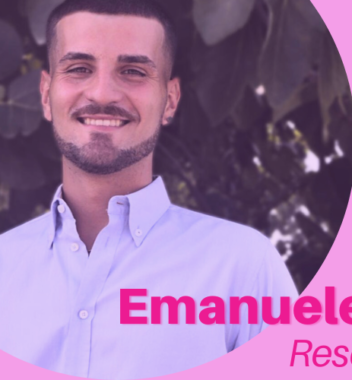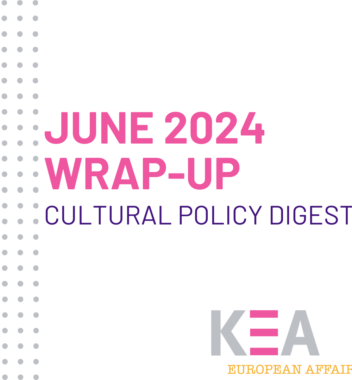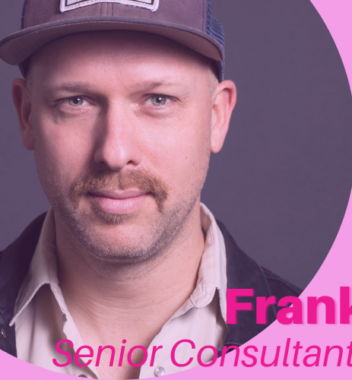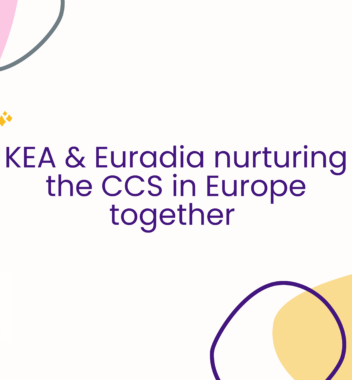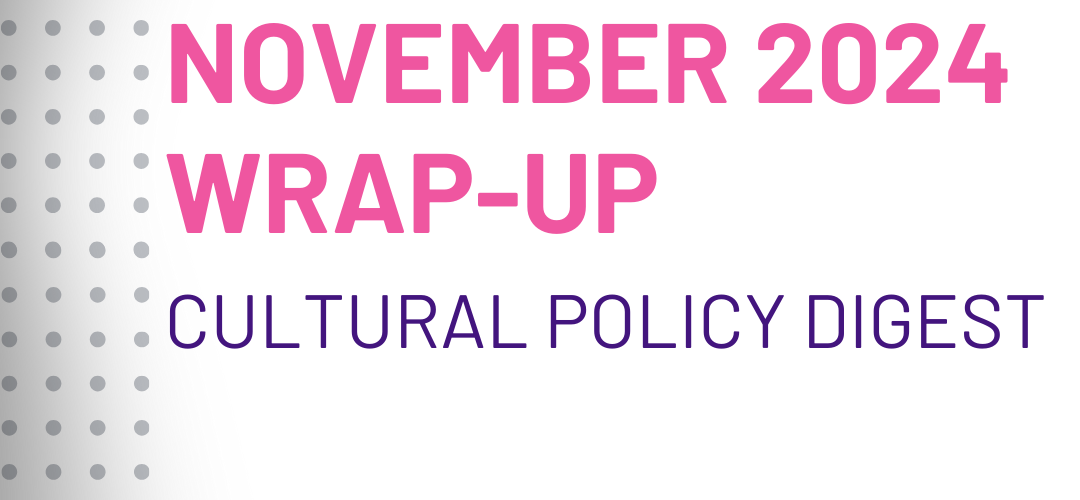
November 2024 was marked by significant international and regional developments in cultural policy: from the G20 Culture Ministers’ meeting in Brazil to European Union initiatives and inclusive cultural programs. This article highlights the key events and milestones that shaped cultural policy discussions and decisions during November.
2024 G20 Summit recognizes culture’s power in historic Leaders’ Declaration
Between November 18 and 19, global leaders gathered in Brazil for the 2024 G20 Summit, where they pledged to build a fairer and more sustainable world, prioritizing the fight against inequality. These discussions culminated in the adoption of the 2024 G20 Rio de Janeiro Leaders’ Declaration.
Culture featured prominently under Brazil’s presidency, as reflected in the Declaration. Section 28 explicitly recognizes the transformative power of culture, emphasizing its value in fostering solidarity, dialogue, collaboration, and cooperation to promote sustainability from diverse perspectives. The Declaration further calls on member states to uphold relevant laws and policies, such as UNESCO conventions, enhance protections for cultural heritage, and engage in open dialogues about the restitution of cultural property.
This robust language builds on the outcomes of the fourth G20 Cultural Ministerial Meeting held earlier on November 8 in Salvador. Brazil’s Minister of Culture highlighted the profound impact of embedding culture in G20 technical discussions, stating, “Through the power of its contribution, Culture has proven to be a genuine tool for promoting dialogue, showing the way to understanding and peace, and demonstrating how we can, through our diversity, create common development strategies.”
Under Brazil’s presidency, the Cultural Working Group prioritized four key areas:
- Cultural diversity and social inclusion;
- The intersection of culture with the digital environment and copyright;
- Creative economy and sustainable development;
- Preservation, safeguarding, and promotion of cultural heritage and memory.
The Salvador da Bahia Declaration, signed at the G20 Culture Ministers Meeting, addressed each of these priorities. Notably, it reiterated concerns over the persistent looting and trafficking of cultural property, reaffirming the commitment to combat crimes against cultural heritage and institutions. The Declaration outlined specific actions, such as:
- Full recognition of culture as an enabler of the UN Sustainable Development Goals and its potential as a stand-alone goal in future development agendas;
- Strengthened global coordination to fight the illicit trafficking of cultural property through cooperation, capacity building, technical exchanges, due diligence, and education;
- Ratification and effective implementation of international agreements, including the 1954 Hague Convention, the 1970 UNESCO Convention, and the UNIDROIT Convention on Stolen or Illegally Exported Cultural Objects;
- Support for open and inclusive dialogues regarding the return and restitution of cultural property, including illegally exported items.

UNESCO Director-General Audrey Azoulay praised the outcomes, emphasizing the role of culture as a cornerstone for prosperous and peaceful societies. Building on previous G20 discussions, including the call for culture to be a stand-alone post-2030 Agenda goal, Brazil’s Presidency has been pivotal in fostering discussions on cultural rights, the implications of Artificial Intelligence on cultural diversity, and culture’s role in climate action.
“Culture is a pillar in the construction of prosperous and peaceful societies. This is why UNESCO has advocated for this sector to be better recognized in multilateral fora and public policies. I am delighted that this has resulted in a strong commitment from G20 Member States, under the presidency of Brazil.” Audrey AzoulayUNESCO Director-General
The Salvador da Bahia Declaration emerged as a landmark document, reinforcing culture’s integration into sustainable development goals. It emphasized urgent actions such as enhancing global coordination to combat the illicit trafficking of cultural property, strengthening international conventions, and supporting inclusive dialogues on the restitution of cultural assets.
With South Africa assuming the presidency in 2025, marking the first time an African nation has held this role, the G20 is expected to continue prioritizing solidarity, equality, and sustainability in cultural policy discussions.
Hungarian Presidency debriefs EP committees on priorities
In November, Hungarian ministers held multiple sessions with parliamentary committees to outline the priorities of their Presidency of the Council. On November 21, Balázs Hankó, the Minister for Culture and Innovation, emphasized the urgency of enhancing European research and innovation to restore the EU’s global competitiveness. He identified significant challenges, including underinvestment, fragmentation within the European Research Area, and the need for improved knowledge valorization across member states. The Presidency aims to address these issues by increasing research funding, reducing bureaucratic hurdles, fostering collaboration, and ensuring inclusivity across all EU nations.
During discussions, Members of the European Parliament (MEPs) expressed concerns about the exclusion of Hungarian researchers from EU-funded programs and a perceived lack of cooperation among universities. Additional apprehensions centered on restrictions on academic freedom in Hungary, political influence over research agendas, and the reinforcement of traditional gender roles.
On December 3, Minister Hankó was joined by State Secretary for Public Education Zoltán Viktor Maruzsa and State Secretary for Sport Ádám Schmidt to reflect on key initiatives spearheaded by the Presidency. These included a high-level dialogue on public education policies, the Conference on the Protection of Cultural Heritage—which focused on the role of local communities in preserving heritage during conflicts—and the EU Youth Conference, which promoted engagement between youth and policymakers.
MEPs questioned Hungarian authorities on their plans to address the suspension of Hungarian universities from Erasmus+ and Horizon Europe programs. Additional queries addressed Hungary’s centralized education system, strategies to boost enrollment in STEM (Science, Technology, Engineering, and Mathematics) courses, and the rationale behind banning mobile phones in schools. The role of major sporting events, such as the Olympic Games, in improving citizen well-being also featured in these discussions.
Parliament approves the “von der Leyen II” Commission
The second von der Leyen Commission approved by 370 votes for, 282 against, 36 abstentions. Now, the College of Commissioners is expected to take office on 1 December. The proposed College of Commissioners was assessed by MEPs in dedicated public hearings between 4 and 12 November. Candidates submitted themselves to European Parliament committee hearings to assess their suitability and their ability to carry out the duties linked to the portfolios to which they had been assigned.
Ahead of the vote, Ursula von der Leyen presented her team and programme, wherein she confirmed the portfolio changes requested by MEPs in the course of Parliament’s evaluation process.
Von der Leyen announced that the Commission’s first initiative will be a competitiveness compass, to close Europe’s innovation gap with the US and China, to increase security and independence and to deliver on decarbonisation. In the subsequent debate, some MEPs stressed the need for the new Commission to begin addressing the challenges Europe is facing quickly. They called on the Commission to improve European competitiveness in the light of intensifying global competition, to implement the European Green Deal, to ensure energy independence, and to build a defense union in response to the ongoing war in Ukraine.
You can read the President’s speech on the Commission’s website, and our analysis of the Parliamentary confirmation hearings of the next College of Commissioners here.
Lviv European Youth Capital 2025: statement by Culture Committee chair Nela Riehl
The European Youth Capital is a title awarded annually since 2009, aimed at empowering young people, enhancing youth participation, and fostering a stronger European identity. This initiative, led by the European Youth Forum, represents over 100 National Youth Councils and International Non-Governmental Youth Organizations, collectively engaging tens of millions of young people across Europe.
Since Russia’s full-scale invasion of Ukraine on February 24, 2022, the European Parliament has been a steadfast supporter of Ukraine. It has condemned the aggression, implemented sanctions, and provided increased political, humanitarian, military, and financial aid to Kyiv. The Parliament also backs Ukraine’s aspirations to join the EU and advocates for Russia to financially compensate for the destruction caused, using confiscated Russian state assets.
The Chair of the Culture and Education Committee recently met with representatives from the Ukrainian city of Lviv, designated as the European Youth Capital 2025, to emphasize the initiative’s significance in the context of war.
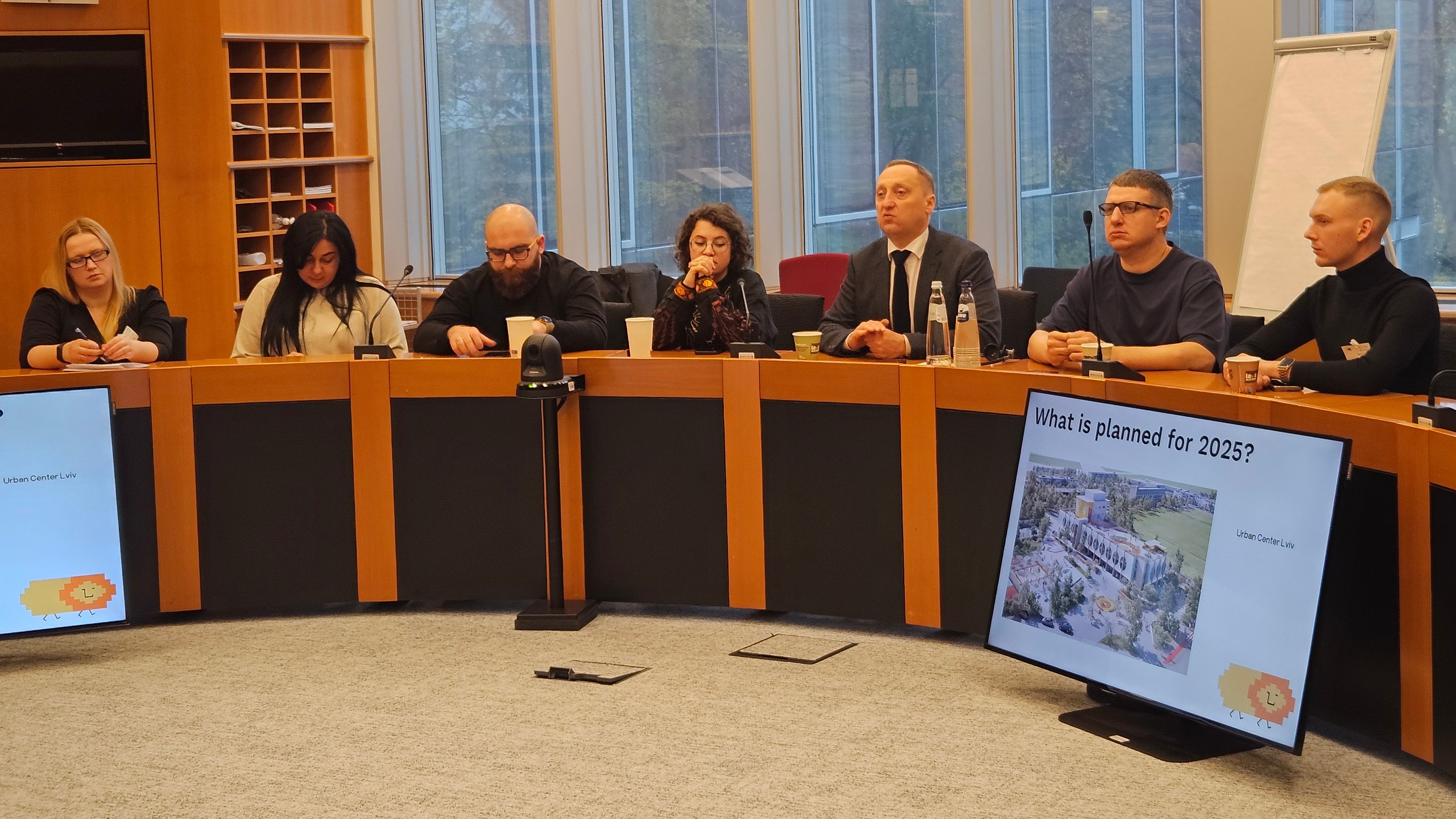
Under the motto “Not Easy, But Move,” Lviv’s European Youth Capital 2025 program seeks to support young people through local projects and international exchange programs. Originally conceived in 2021 during a time of peace, Russia’s invasion has transformed the initiative into a powerful call for solidarity, resilience, and international support for Ukraine and its youth.
On Friday, November 22, Nela Riehl, Chair of the Committee on Culture and Education, held discussions with a Ukrainian delegation led by Deputy Minister of Youth and Sports, Andriy Chesnokov, to address the program’s impact and goals.
“As Europeans, as Parliament, and as the CULT Committee, we stand firmly with Ukraine as it faces the ongoing hardships of war. We are committed to doing everything in our power to ease the burdens and improve the lives of millions of Ukrainians living with daily uncertainty. This includes supporting young people, civil society, and everyone striving for a brighter future for the next generations.”
What we’re reading
Unpacking the European Media Freedom Act: A New Era for EU Media Regulation
The European Audiovisual Observatory’s latest report, Unpacking the European Media Freedom Act (EMFA), authored by Prof. Mark D. Cole and Christina Etteldorf, provides an in-depth examination of the EMFA, which took effect on May 1, 2024, with full implementation slated for August 8, 2025. This regulation aims to safeguard media freedom and pluralism while fostering a unified media market across the EU by addressing existing regulatory gaps.
As a directly binding regulation on member states, the EMFA’s foundation within the EU’s internal market framework has prompted debates on power dynamics between the EU and member states. The report explores the EMFA’s key components, which cover:
- Rights of recipients.
- Rules for media service providers.
- Standards for public service media.
- Regulations governing platform-media interactions.
- Measures addressing market concentration.
- Creation of the European Board for Media Services.
📖 Access the full publication here.
LGBTQIA+ Inclusion in European Museums: An Incomplete Guideline
The Network of European Museum Organisations (NEMO) tackles the essential issue of inclusivity in museums with their guideline for implementing LGBTQIA+ inclusive policies. This document highlights strategies to make museums welcoming spaces for all communities, emphasizing the importance of representation and inclusion.
📖 Access the full publication here: LGBTQIA+ Inclusion in European Museums.
